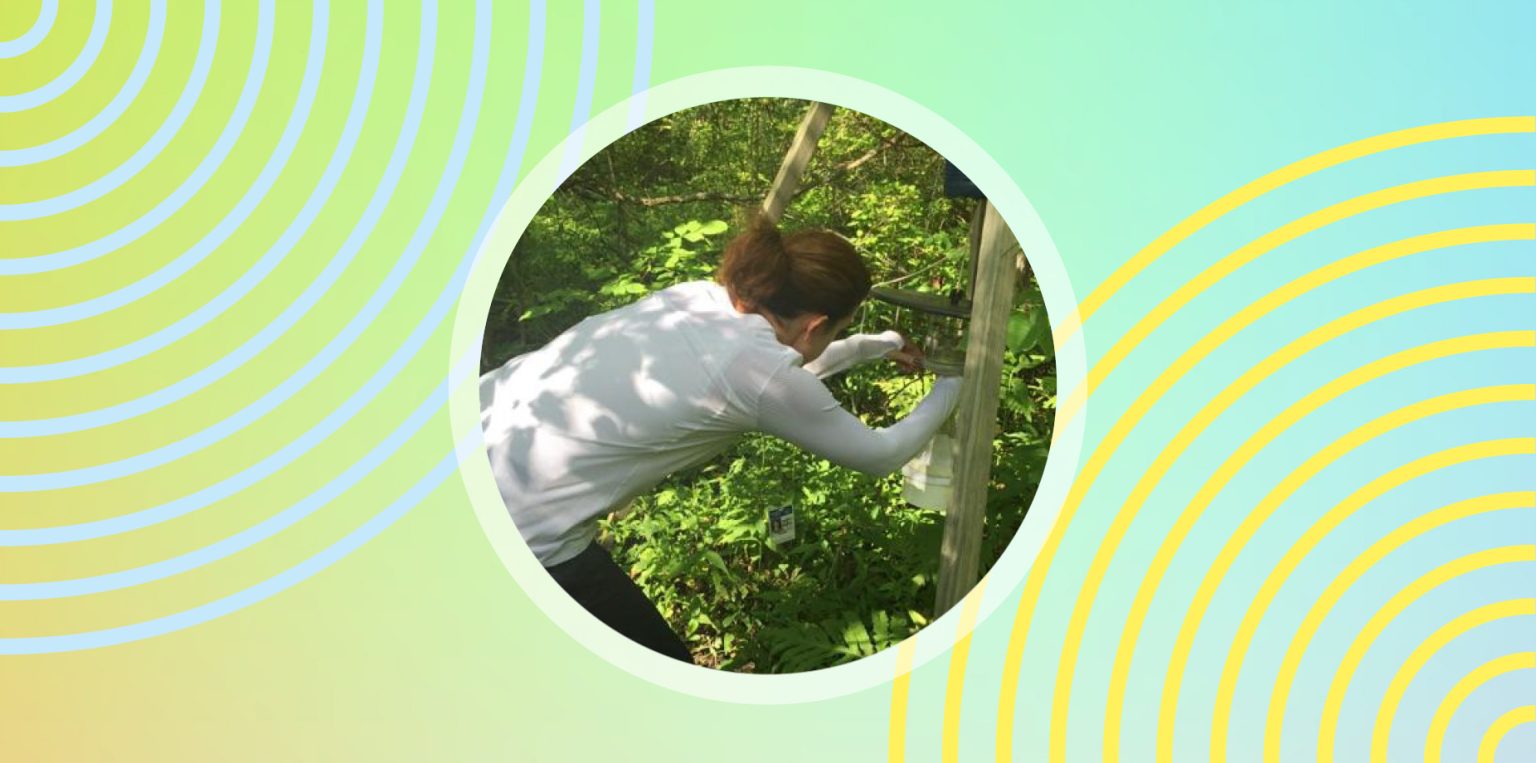1. What is your background and how did you become the director of environmental risk assessment for the Onondaga County Health Department?
I am a biology major from Cornell University. I have now worked with Environmental Health for 26 years. I started as an environmental health technician. I worked my way up through the years, working in different programs until I became director.
2. For readers who aren’t familiar with your job title, what are your day-to-day duties?
I have a lot of different duties, but there are two main portions of my job, especially this time of the year. They are mosquito control and rabies prevention.
In the summer, for mosquito control, I have two full-time employees and eight summer aides. We set traps in 20 different locations around Onondaga County to trap mosquitoes. Then we have to count and sort them. After that, we send certain species of mosquitoes that can carry viruses to the Wadsworth Center Laboratory in Albany. We do tests for a variety of smaller viruses, but the two main viruses that we test for that they can carry are Eastern Equine Encephalitis (EEE) and West Nile.
We also treat our water at over 1,000 sites by treating the larva stage of the mosquito. We use pesticides in places like roadside ditches and retention ponds. Usually, from July to the beginning of August, EEE starts popping up. In the past eight years, we’ve had two people come down with EEE. We also often get horses that come down with it. When that happens, we spray Cicero’s swamp with an aerial spray.
With rabies, we do testing here. That normally means getting skunks, foxes, and sometimes barn cats that have to be euthanized because they show signs of rabies. So, we get them prepared and send them to Wadsworth in Albany for rabies testing.
We strongly advise getting your animals vaccinated. We hold a free clinic. This year, we are holding five of them. The next one is Aug. 24 from 5-7 p.m. at the Meachem Park Ice Rink.
3. What preventative measures can the public take?
Prevention is always what we like to tell people to do. Obviously, there are your personal protective measures. Use anything that has DEET in it, like OFF! It’s a challenge because our summers are kind of short, and everyone likes to be outside and wear shorts. If you can, when you are sitting outside at dawn or dusk, try to wear something that covers your arms and legs, or at least put a DEET on your skin. The same goes for tick protection. The only other thing to do is to check your body later to make sure that you don’t see any crawling on you or embedded into your skin.
4. What is the most rewarding part of your job?
The most rewarding part of my job is knowing that we keep people protected. Rabies can be a fatal disease, so by getting tested and getting your animals vaccinated, it’s always rewarding to know that we’re keeping people on a nice safe trajectory. Also protecting people from mosquitos and ticks by educating them when they call and have any questions or are worried.





